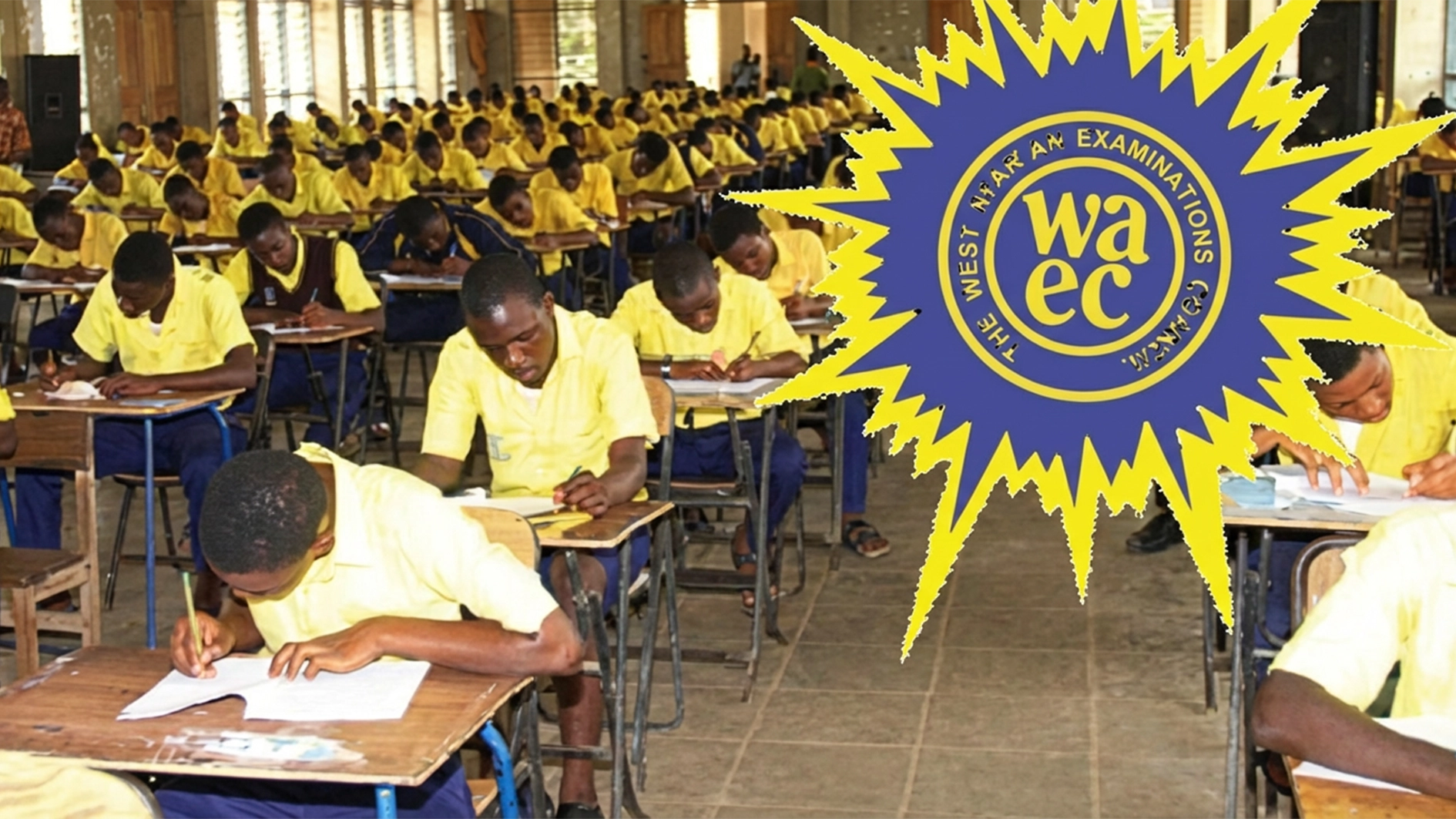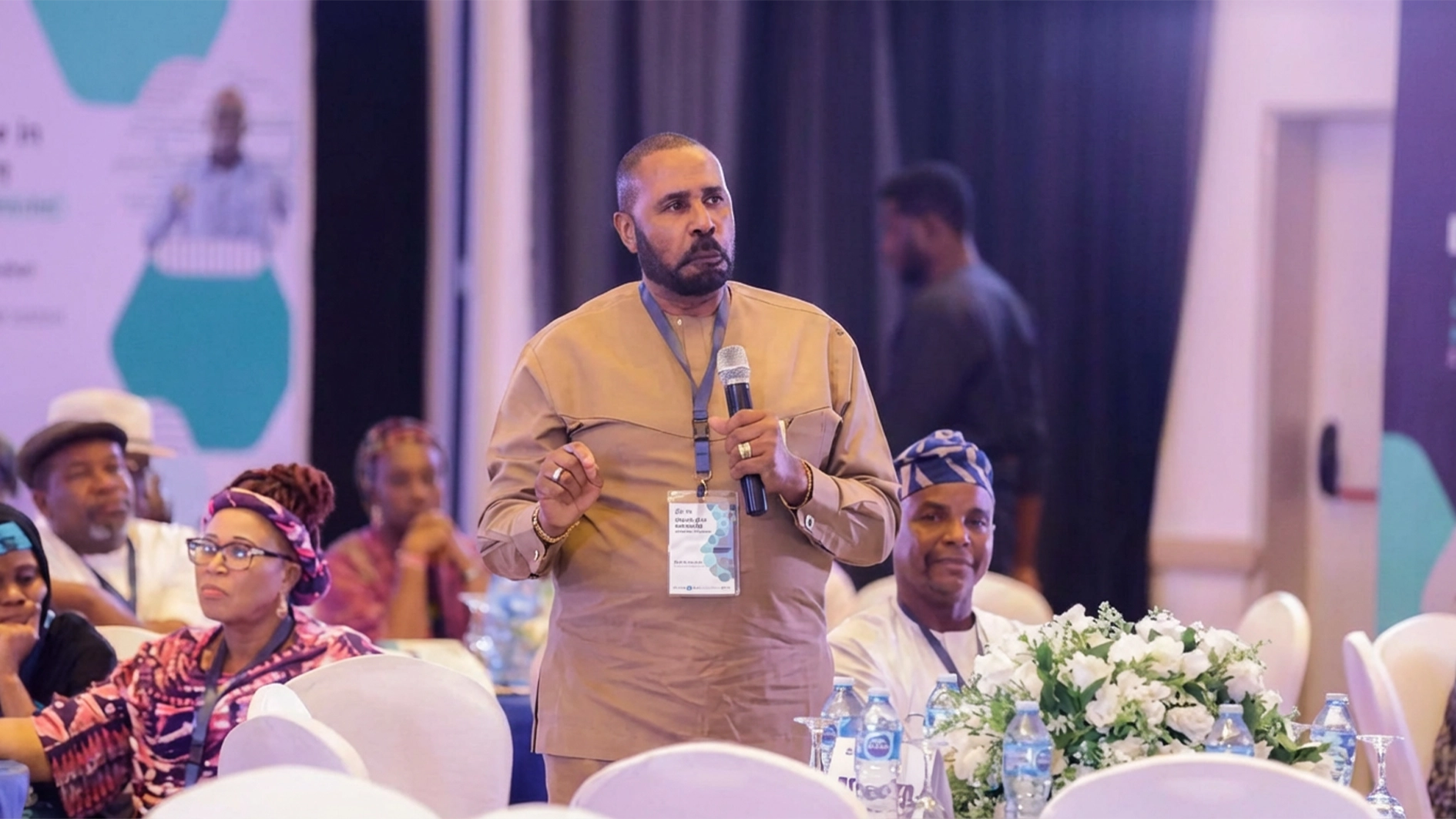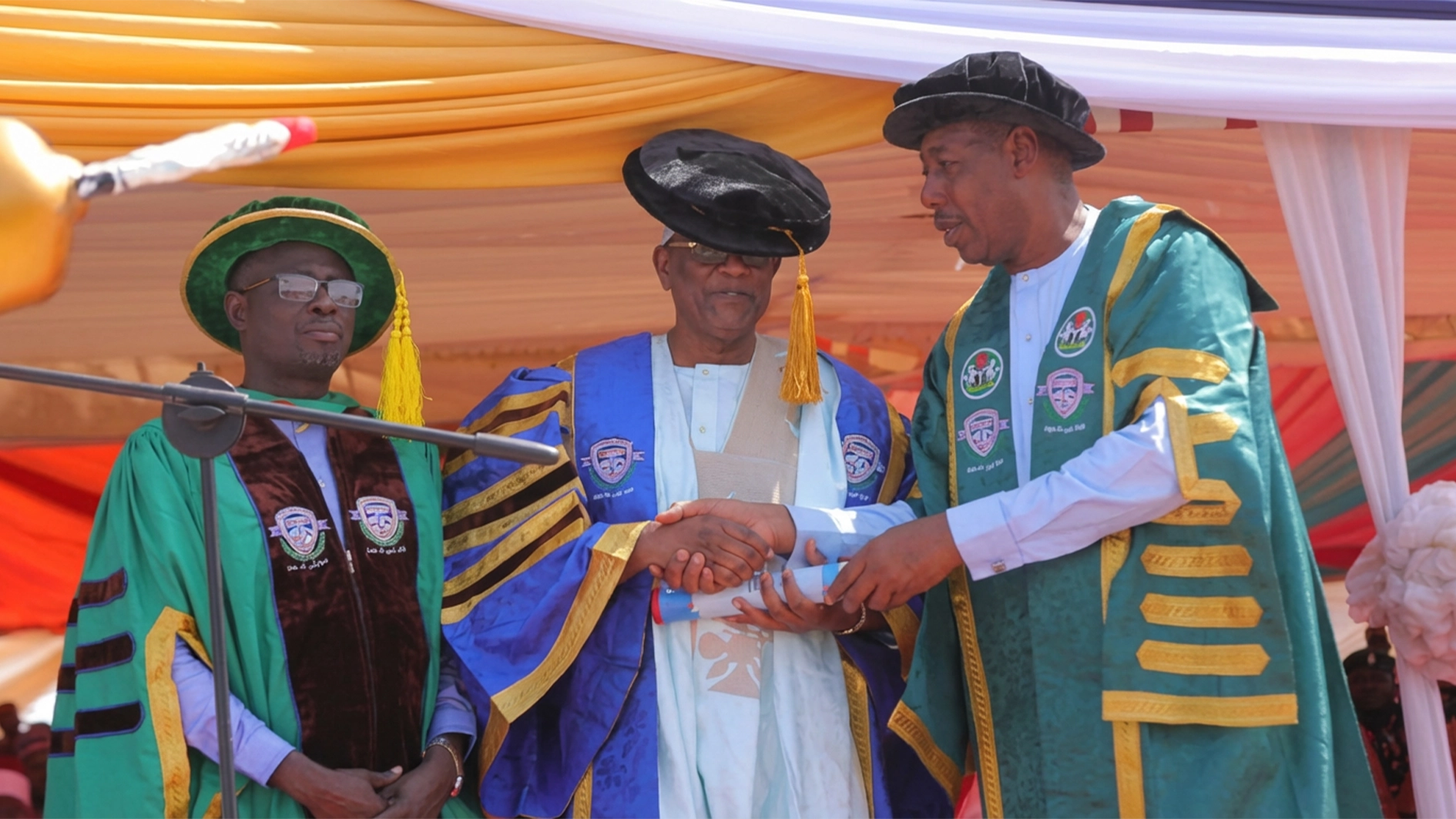As Nigeria progresses through its 2025/2026 academic year, stakeholders must face a defining question of whether the country prioritises an educational system built on affordability, transparency, and sustainability, or if for-profit imperatives will deepen inequities and environmental degradation. The answer will not only impact individual families, but also chart Nigeria’s path toward inclusive and accountable education for generations to come, reports IYABO LAWAL.
As the 2025/2026 academic calendar unfurls, a growing controversy surrounding single-use textbooks by private schools has captured public attention.
This widespread practice, where students are required to purchase new textbooks, often integrated with write-in workbooks every academic year, adds significant costs to tuition fees, thereby placing fresh financial pressure on families that are already stretched thin.
Beyond fees, the practice raises pressing questions about educational equity and environmental sustainability.
The utilisation of single-use textbooks in private schools presents a substantial financial and environmental challenge that directly affects millions of Nigerian families. This practice inflates education costs, threatens inclusion by marginalising low-income students, and exacerbates the country’s escalating waste crisis.
State-led reforms banning compulsory single-use textbooks signal important progress and growing recognition that educational sustainability must intertwine cost-effectiveness and ecological responsibility.
However, entrenched commercial interests, weak enforcement mechanisms, and insufficient federal coordination threaten to stall comprehensive reform.
For clarity, single-use textbooks are instructional books that integrate teaching content with embedded workbooks or exercises requiring students to write directly in their textbooks.
This means the books cannot be passed down or reused by younger siblings or subsequent student cohorts. The model contrasts sharply with reusable textbooks, traditionally favoured in Nigerian public schools, where textbooks serve students for multiple years alongside separately issued workbooks.
Private schools in Nigerian urban centres predominantly mandate the deployment of single-use textbooks for many subjects. The logic leveraged by proprietors of these private schools and textbook publishers rests on a few premises: these textbooks supposedly improve learning by encouraging direct, active engagement; they allow for swift adaptation to frequent curriculum changes, and they generate continuous revenue that reportedly helps subsidise other institutional costs.
However, the financial implications for parents are stark. The textbooks represent a substantial fraction of the overall school fees, sometimes up to 20 per cent or more in high-fee private schools, and often form a compulsory, unbundled, and non-negotiable component of school costs.
Many books are imported, subjecting families to fluctuations in foreign exchange, shipping fees, and import tariffs, which increase costs.
Reliable data on the precise fraction of textbooks in private school fee structures vary by state and school category; yet, several studies and stakeholder reports provide valuable insights.
According to a 2025 survey by TechCabal focusing on private schools in Lagos, textbook costs can add between N60,000 and N150,000 per academic term per child, sometimes amounting to 15-20 per cent of total fees.
In contrast, public schools commonly issue reusable, government-supplied textbooks alongside separate workbooks, which dramatically lowers textbook-associated fees to nominal amounts, often included in government funding budgets.
A study conducted by the Concerned Parents and Educators Network (CPE) in 2025 revealed parental frustrations, highlighting textbook fees as “often more daunting than tuition itself,” signalling a widening gap between public and private school financing burdens.
The escalating financial and environmental challenges of single-use textbooks have prompted distinct policy responses from several states, notably Imo, Edo, Plateau, Benue, Ondo, Abia, Cross River and Anambra. Each state has enacted measures tailored to its specific context, but united by goals to reduce costs for families, promote sustainable learning resources, and enhance governance around educational materials.
It introduced provisions obliging schools to disclose detailed textbook procurement costs and to respect parental preferences for textbook purchase and reuse.
Collectively, these states’ reforms demonstrate a growing recognition that the single-use textbook culture is neither economically sustainable nor environmentally responsible.
By legislating minimum reuse cycles, enhancing procurement transparency, empowering parental involvement, and engaging community organisations, these states are pioneering measures that aim to alleviate financial burdens on families, reduce educational waste, and promote equitable access to learning resources.
The variation in approaches reflects each state’s political context and administrative capacity, but the trend towards reuse-focused textbook management offers a replicable model for national policy reform.
Parents have voiced growing concern that textbook fees, often overlooked in relation to tuition, form a substantial hidden cost, jeopardising children’s education.
Many complain about the opaque procurement process that limits their ability to purchase textbooks independently or seek less costly alternatives. With most private schools lacking functional libraries, a standard feature in many advanced education systems, borrowing textbooks, the usual cost-saving practice, is rarely an option.
Unlike public schools, where reusable textbooks paired with workbooks provide affordability, private schools’ exclusive use of single-use textbooks drives residential frustration.
Public schools in Nigeria typically provide reusable textbooks and issue separate workbooks for exercises, ensuring reusability and reducing overall family expenses.
Private schools, however, have gravitated strongly toward combined textbook-workbook editions, allegedly to ensure brand exclusivity and secure sustained sales, reduce administrative complexity in procurement bundles, and respond quickly to curriculum changes with new editions.
Yet this comes at social and environmental costs many view as unjustifiable.
Critics argued that private schools prioritise revenue generation over equitable access to education. Nigeria’s predicament is shared by many countries attempting to balance educational quality, cost, and sustainability.
South Africa’s National Textbook Management System (NTMS) exemplifies a rigorous, government-led approach to managing the sustainability of educational resources.
Implemented as a national policy framework under the Department of Basic Education, the NTMS mandates a minimum reuse period of five years for all textbooks approved for use in public schools.
This regulation directly counters the practice of compulsory yearly textbook replacements, which has been a key driver of excessive paper consumption, high costs, and environmental degradation.
The NTMS also oversees a national textbook registry, a centralised database that records all approved textbook titles, quantities printed, and assigned school distributions.
Crucially, the South African system integrates increasing use of digital learning resources alongside traditional textbooks, promoting blended learning environments that reduce reliance on paper materials.
The introduction of e-textbooks and digital platforms not only stabilises costs through reduced print runs and distribution expenses but also supports dynamic content updates without requiring full textbook replacement.
Kenya’s approach to textbook procurement is characterised by a centralised system that consolidates purchasing power at the national level, enabling economies of scale and price moderation.
The Kenyan Ministry of Education oversees the procurement of textbooks for public schools, standardising materials to align with the national curriculum, thereby ensuring content relevance and uniformity across regions.
This system leverages active community surveillance, notably through empowered Parents and Teachers Association (PTAs), which serve as watchdogs monitoring textbook quality, durability, and equitable distribution at the school level.
Through PTAs, parents engage in budget oversight and advocate for transparency in textbook procurement, helping curb malpractices such as overpricing and the supply of substandard materials.
The centralised procurement model guarantees mandated reuse cycles, typically extending at least four to five years, reflecting the system’s commitment to sustainable resource management and cost containment.
Independent studies have highlighted Kenya’s system as effectively reducing unnecessary yearly textbook expenditures and improving availability in schools, particularly in rural areas where affordability significantly influences educational access.
Finland’s educational framework centres on the extensive integration of digital textbooks, supplemented by well-resourced, government-supported school libraries.
This combination facilitates a drastic reduction in the volume of printed textbooks in circulation. Finnish schools widely utilise interactive e-books, digital platforms, and online learning resources that allow instant curricular updates and accommodate individual learning paces, making physical textbooks supplementary rather than core materials.
Together, these international examples illustrate that resolving participation and the adoption of innovative technologies.
Nigeria’s ongoing reform efforts can draw upon these models to develop policies that reduce financial burdens on families, improve access to quality learning materials, and mitigate environmental impacts in the education sector.
These comparatives illustrate how policy coherence, transparency, stakeholder engagement, and technological adoption can address the challenges Nigeria faces.
Addressing the challenges posed by single-use textbooks in Nigeria requires a comprehensive and multifaceted approach, as underlined by education experts and policy advocates.
Central to the proposed strategy is federal standardisation, through which the government could establish a national textbook registry.
This registry would officially list all approved textbooks, ensuring that only vetted materials are used in schools. Importantly, the policy would enforce minimum reuse cycles, such as a mandatory four-year usage period for any approved textbook.
Such a move would require schools, both public and private, to commit to using textbooks over a set period, thereby preventing the current practice of yearly replacement that drives up costs for families and generates vast amounts of paper waste.
This registry system would also provide a centralised mechanism for updating and approving textbooks in line with curricular changes, reducing fragmentation and inconsistencies.
In addition to federal standardisation, increasing procurement transparency is critical. Transparency would involve requiring schools to clearly and publicly disclose textbook costs, thereby empowering parents with the information they need to make informed decisions about their children’s education.
This openness would break the monopoly of exclusive vendor agreements, which often compel parents to purchase expensive, and frequently unnecessary, textbook bundles mandated by schools without alternatives or competition.
For educationist, Dr Femi Adeoye, allowing parents the right to source textbooks independently from approved providers could introduce price competition, lower costs, and reduce undue financial burdens.
Adeoye noted that transparent procurement policies would align Nigeria with best practices internationally, where parental empowerment in educational resource sourcing has been linked to reduced exploitation and enhanced accountability.
However, he pointed out that such reforms must be carefully structured to balance parental choice with curricular fidelity and quality control.
On her part, Education Consultant, Dr Teniola Olawumi, stated that effective monitoring and enforcement mechanisms are indispensable to actualising reforms.
To this end, she noted that establishing state-level task forces with sufficient authority, resources, and technical capacity is essential.
“These bodies would be tasked with auditing schools’ compliance with textbook standards, reuse policies, and procurement transparency regulations. They would have the power to impose sanctions against schools that violate policies, ranging from fines to restrictions on operating licences,” she added.
A retired school principal, Dr Akin Olapeju, said that governments, in partnership with non-governmental organisations, should undertake extensive outreach programmes to educate parents about their rights regarding textbook procurement and reuse policies.
Currently, a significant proportion of textbooks used in Nigerian private schools are imported, exposing families to exchange rate vulnerabilities, added shipping costs, and sometimes content that is less relevant to local contexts. By incentivising Nigerian publishers through tax reliefs, grants, and capacity-building initiatives, the government can stimulate the production of affordable, reusable textbooks tailored for Nigeria’s curricula and learning environments.”
The environmental impact of single-use textbooks compounds Nigeria’s growing waste management crisis. For instance, Nigeria consumes approximately 1.2 million metric tons of paper yearly, with textbooks accounting for a significant share, according to an Environmental Rights Action (ERA) 2023 report.
Single-use textbooks alone contribute approximately 150,000 metric tons of paper waste each year. Lagos’ sprawling urban population generates over 13,000 metric tons of solid waste daily, yet only about 15 per cent is recycled, with textbook refuse heavily burdening landfill sites.
Environmental advocates warn that this not only exacerbates ecological degradation but also strains public health through pollution and overloads on sanitation systems.
A public affairs analyst, Monday Effiong, noted that ongoing engagement with parent communities is also essential to ensure that reforms translate into tangible relief for Nigerian families.
Achieving this transformation is vital not only for reducing educational costs and environmental harm but also for upholding the principles of equitable and quality education in Nigeria’s evolving landscape.
Implementation requires committed inter-agency cooperation, political will, and the formation of grassroots coalitions.






